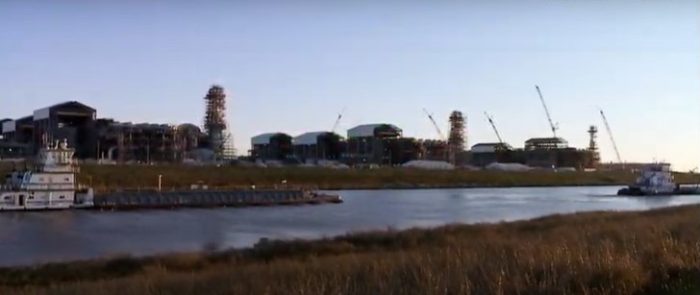Freeport LNG Development, L.P. (Freeport LNG) is providing the results of an independent, third-party root cause failure analysis (RCFA) report on the June 8, 2022 incident that occurred at its liquefaction facility.
The RCFA report was commissioned by Freeport LNG and independently conducted by a highly qualified incident investigation company, IFO Group, in order to identify the causes underlying the June 8th incident. Over the course of almost five months, IFO Group investigated the incident, collected and analyzed physical specimens from the incident, interviewed witnesses, reviewed process and design data, and ultimately developed the RCFA report, identifying specific causes that led or contributed to the June 8th incident.
The safety and security of our workforce and surrounding community, and environmental stewardship are Freeport LNG’s top priorities. Freeport LNG believes that transparency around the causes of this incident, and the remedial actions it is taking to ensure an incident of this nature never occurs again, is critical to maintaining public trust.
With that in mind, the results of the root cause failure analysis prepared by IFO Group are as follows:
Direct Cause
• Isolation of a piping segment containing cryogenic liquefied natural gas (LNG) without proper overpressure protection, which LNG then warmed and expanded due to exposure to ambient conditions, resulting in a boiling liquid, expanding vapor explosion, or BLEVE, and the rupturing of the piping segment.
Root Causes
• Pressure safety valve (PSV) testing procedure and car seal program deficiencies;
• Failure to repurpose temperature indicator alarms used for cool down operations during commissioning on LNG piping that could warn operators of increasing temperatures in LNG piping during operations; and
• Operating procedures that allowed operator discretion to close valves that could allow LNG to be isolated in a piping segment.
Contributing Causes
• Failure of 2016 Hazard and Operability study to evaluate the potential for a blocked-in LNG piping segment with inadequate overpressure protection;
• Failure to utilize management of change process for revisions to tank management operating procedures;
• Failure to accurately and timely diagnose sudden pipe movement as being due to piping stresses from the overpressuring of an adjacent piping segment; and
• Operator fatigue as a result of significant overtime needs.
Following the analysis, Freeport LNG has made significant enhancements to its PSV testing processes and car seal program, implemented procedural changes to avoid operating scenarios that could allow blocked-in LNG in piping segments, and revised its control system logic to alert control room operators to valve positions or temperature readings that indicate possible isolation of LNG in any piping segments.
Freeport LNG is also updating its training program to address causes of the incident, as well as identification and diagnosis of abnormal operating conditions in the facility.





























































